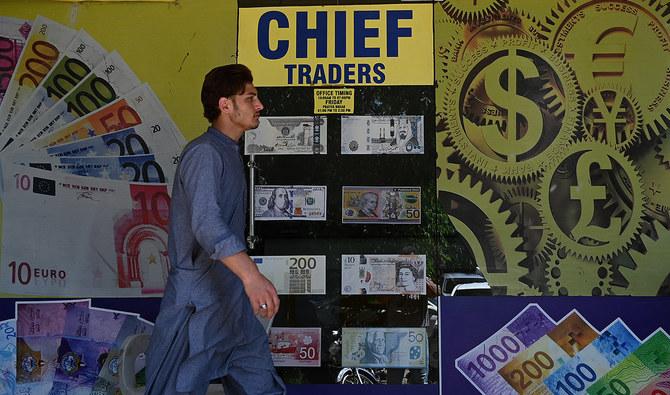ISLAMABAD: The International Finance Corporation (IFC) has earmarked approximately $1.5 billion in short and long-term investments for Pakistan in 2023, doubling its investments from last year as the South Asian nation braves an array of economic challenges.
Pakistan has faced one of its most severe economic crises in history in the last one year, with record inflation, diminished foreign reserves, and a significant depreciation of the national currency against the US dollar.
In July, the International Monetary Fund (IMF) granted Pakistan a $3 billion bailout loan that helped prevent a default on its debt but came with tough reform conditions that have fueled inflation. These include the removal of energy and fuel subsidies, a shift toward a market-based exchange rate system, and an increase in tax rates. The last few weeks have been seen sporadic but nationwide protests and trader strikes against record fuel and electricity prices.
“The IFC has committed approximately $1.5 billion in short and long-term investments in Pakistan in fiscal year 2023, doubling its investments from the previous year amidst a backdrop of economic challenges in the country,” the IFC said in a statement this week.
IFC’s projects in Pakistan aim to create jobs, increase productivity in the private sector, enhance gender inclusion, and address the impacts of climate change.
Zeeshan Sheikh, IFC Country Manager for Pakistan and Afghanistan, said in the current fiscal year, the organization wanted to increase its focus on facilitating access to finance, particularly for Micro, Small, and Medium Enterprises, sustainable and digital infrastructure, as well as support to export-oriented industries that help create jobs and are critical for economic growth.
Since 1956, IFC has invested approximately $11 billion in Pakistan and supported diverse sectors such as renewable energy, financial inclusion, infrastructure development, agribusiness, manufacturing, housing, health care, and trade, among others.
















